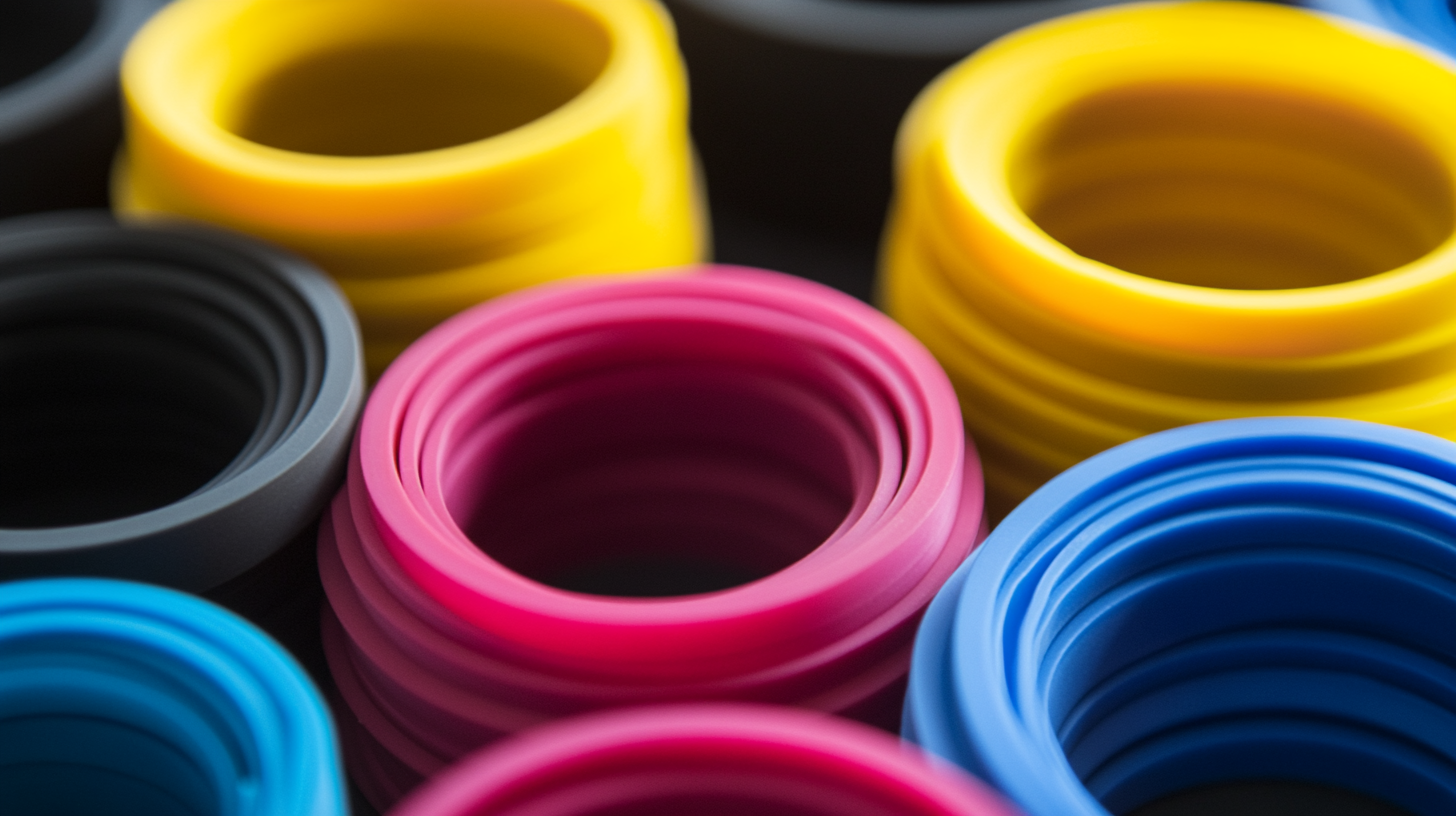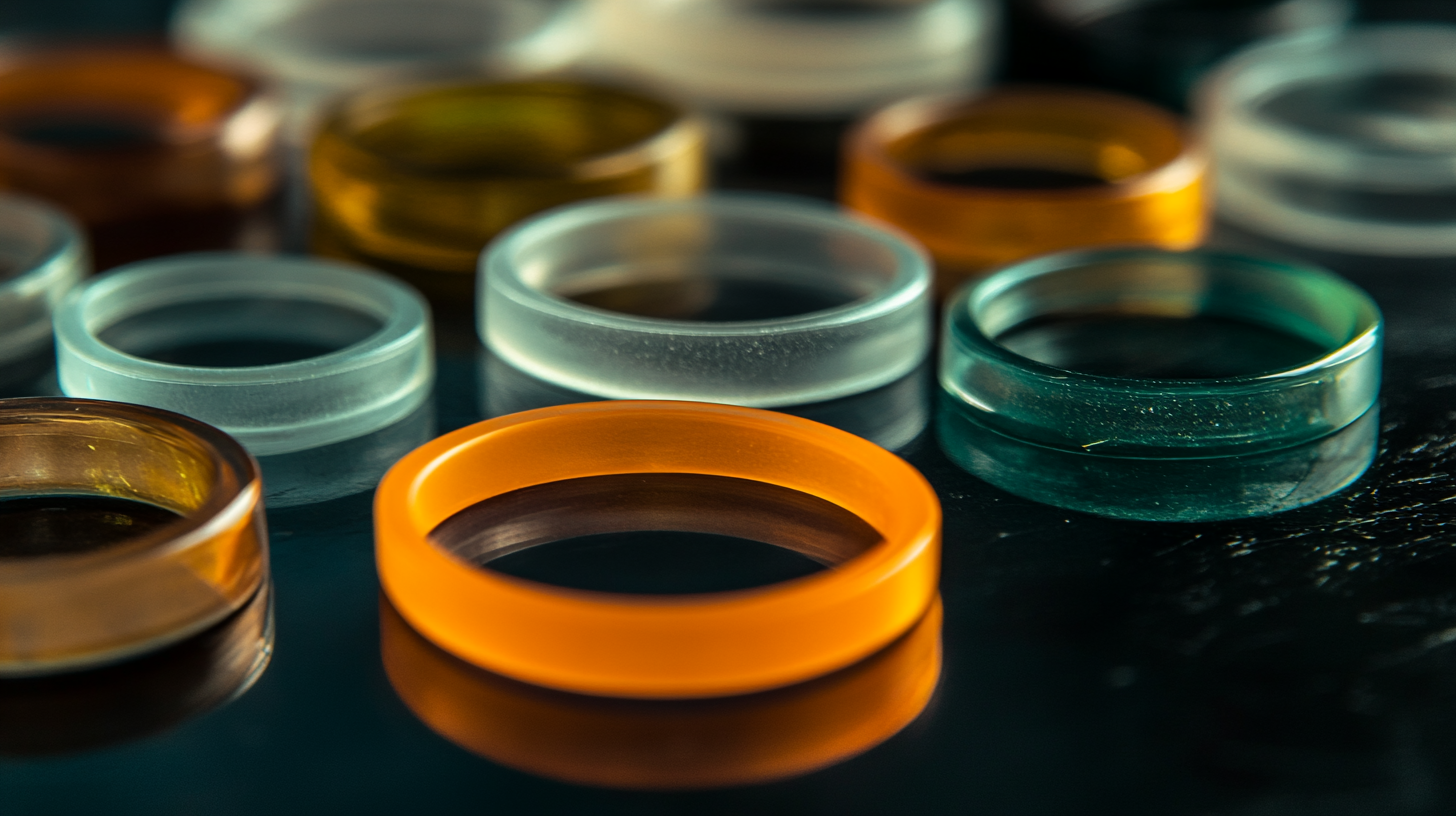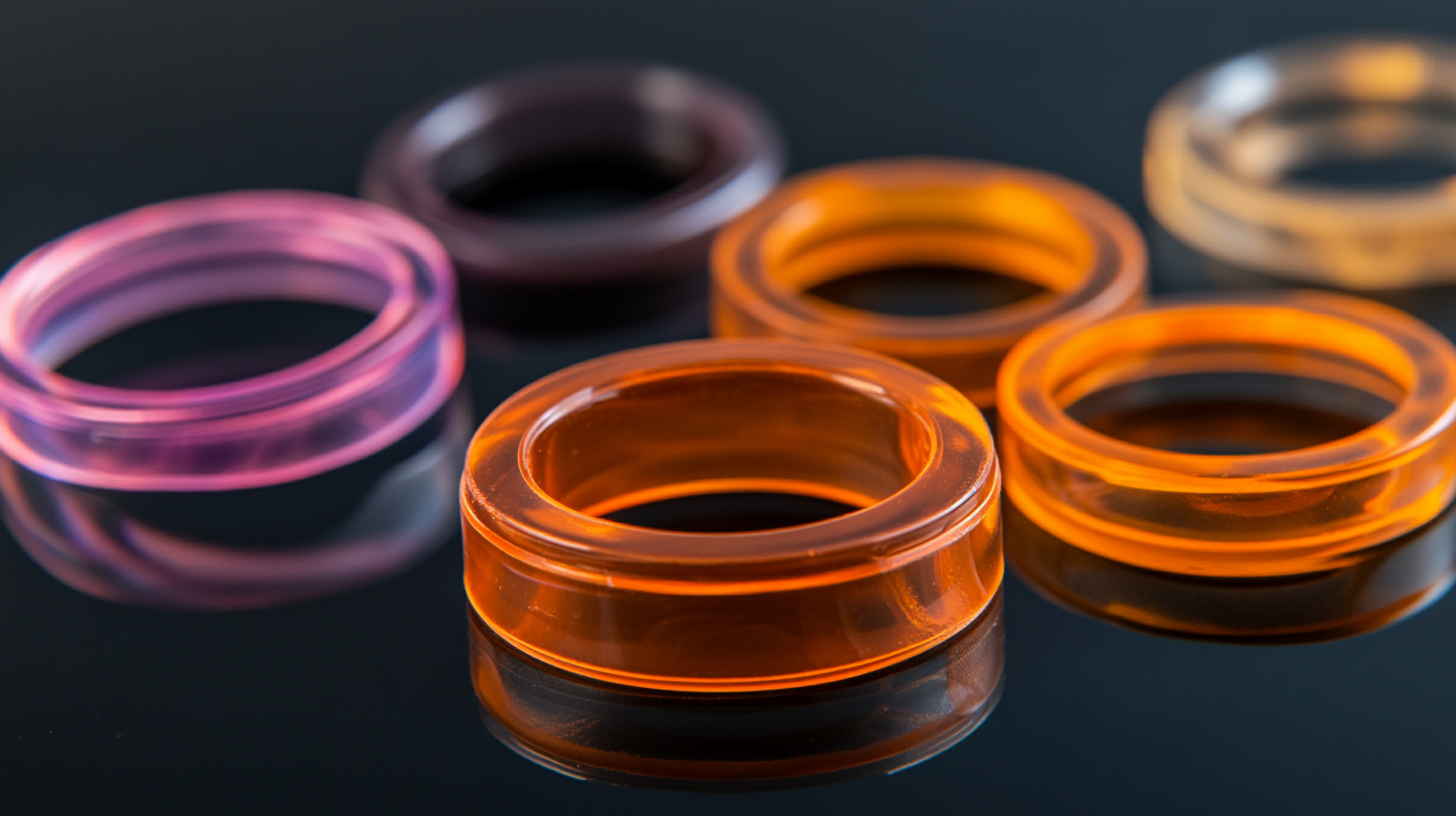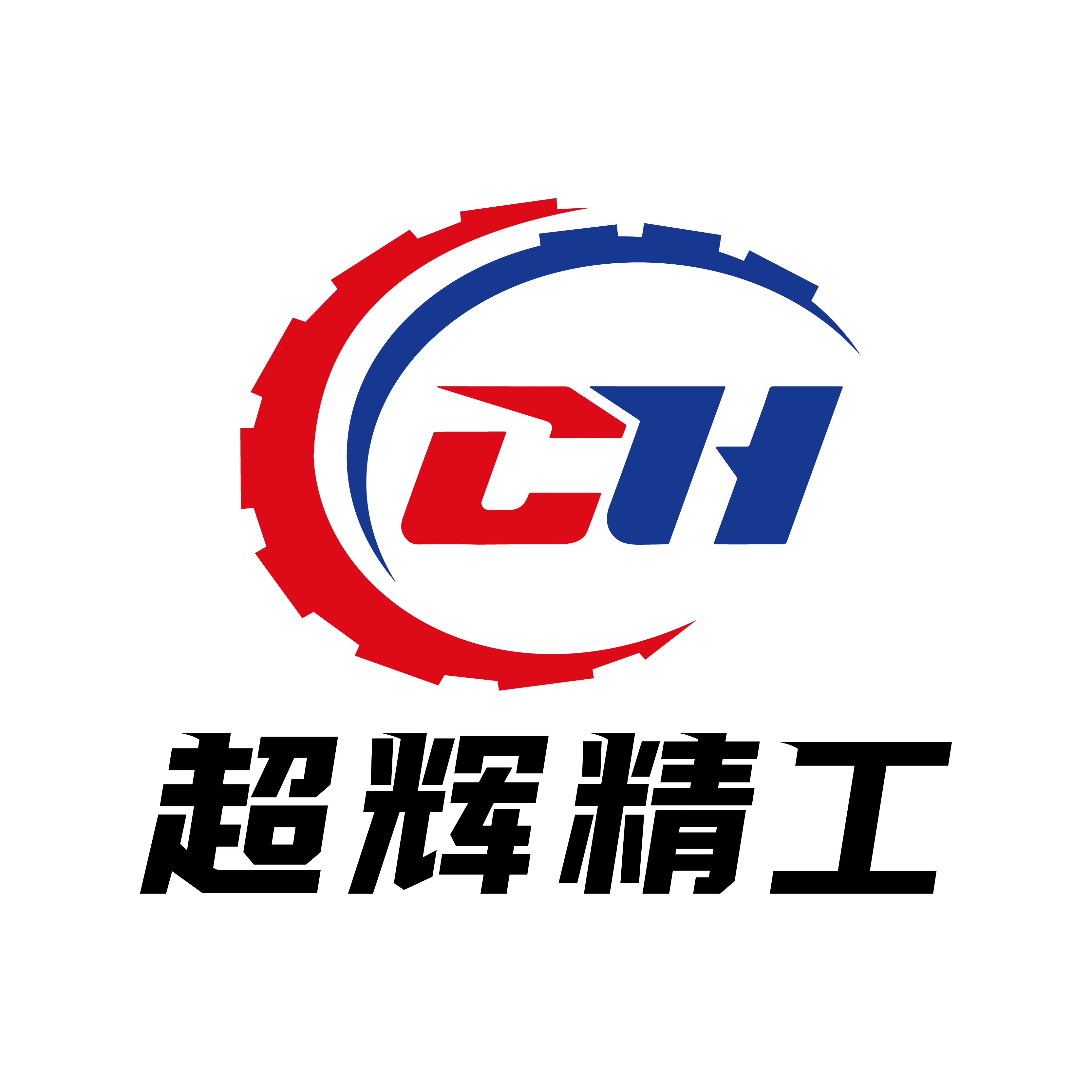In the competitive landscape of manufacturing, silicone seals have emerged as critical components across multiple industries due to their versatility and reliability. According to a report by Grand View Research, the global silicone sealants market size was valued at approximately USD 4.6 billion in 2020, with projections indicating a robust growth rate of 4.7% from 2021 to 2028. As industries increasingly demand high-performance sealing solutions, China's leading manufacturing experts are stepping up to meet these needs by offering premium silicone seals that adhere to international production standards. This blog explores the unique advantages of silicone seals, the stringent industry standards they must meet, and how leveraging China's manufacturing capabilities can benefit companies looking to enhance their products with superior sealing technology.

Silicone seals play a crucial role in manufacturing, offering exceptional durability and resistance to various environmental factors. In industries ranging from automotive to technology, the integrity of a product often hinges on the quality of its seals. Premium silicone seals provide a superior barrier against water, dust, and temperature extremes, ensuring that machinery and devices function efficiently over time. The manufacturing process must prioritize high-grade materials and expert craftsmanship to ensure these seals can withstand rigorous operational demands.
When selecting silicone seals, understanding their composition and properties is essential. High-quality silicone is typically flexible, resilient, and able to retain its shape under stress, which minimizes the risk of leaks and failures. Moreover, quality silicone seals can withstand harsh chemicals and UV exposure, making them ideal for various applications. By partnering with leading manufacturers, companies can invest in seals that not only enhance product reliability but also reduce downtime and maintenance costs, reinforcing the importance of choosing the right supplier for sustaining effective manufacturing processes.
| Seal Type | Material | Temperature Resistance (°C) | Application | Certifications | Estimated Lifetime (years) |
|---|---|---|---|---|---|
| O-ring | Silicone Rubber | -60 to 200 | Automotive | ISO 9001 | 10 |
| Gasket | High-Temperature Silicone | -50 to 300 | Industrial Machinery | RoHS, REACH | 15 |
| Sealant | Neutral Cure Silicone | -40 to 150 | Construction | ASTM, CE | 8 |
| Pump Seal | Fluorosilicone | -40 to 200 | Aerospace | AS9100 | 12 |
| Silicone Sheet | Food-Grade Silicone | -60 to 230 | Food Processing | FDA, NSF | 10 |
When it comes to securing high-quality silicone seals, understanding the key features is essential for making an informed decision. Premium silicone seals are known for their durability, flexibility, and resistance to extreme temperatures. When selecting these seals, one should look for materials that can withstand both high and low temperatures without compromising their integrity. This temperature resilience not only ensures longevity but also guarantees that the seals perform reliably in various environments, from industrial settings to residential applications.
Another important aspect to consider is the seal's chemical resistance
. A superior silicone seal should be able to withstand exposure to oils, solvents, and other harsh chemicals without degrading. This makes them ideal for use in automotive, aerospace, and food processing industries where exposure to such substances is common. Additionally, look for seals that come with certifications or standards that ensure they meet industry benchmarks for safety and performance. The right combination of these features will ensure that your silicone seals not only perform effectively but also provide excellent value for your investment.When evaluating industry-leading silicone seal manufacturers, it is essential to consider several key factors, including market valuation, growth projections, and material safety. The global automotive silicone market, which reached a valuation of USD 2.4 billion in 2023, is expected to grow at a compound annual growth rate (CAGR) of 7.3%, reaching USD 3.4 billion by 2028. This growth underscores the increasing demand for high-quality silicone seals, especially in the automotive sector where reliability and performance are paramount.
Furthermore, a focus on sustainable practices is becoming a significant trend in manufacturing. Industry experts are investigating non-PFAS materials for seals and gaskets, particularly in light of ongoing regulatory debates regarding "forever chemicals." This shift towards safer and environmentally friendly materials not only meets regulatory standards but also aligns with the growing consumer preference for sustainable products. As silicone manufacturers innovate, those that prioritize non-toxic materials and energy-efficient processes will stand out as leaders in the market.
When selecting a silicone seal supplier, it's essential to ask the right questions to ensure you are partnering with a reliable and competent manufacturer. First, inquire about the supplier’s certifications and compliance with industry standards. According to a report by MarketsandMarkets, the global demand for silicone sealants is projected to grow significantly, with the market anticipated to reach USD 12.54 billion by 2025. Companies that maintain certifications like ISO 9001 demonstrate a commitment to quality and can provide assurance that their products meet required safety and performance standards.

Next, consider the supplier’s production capabilities and technological expertise. A report from Grand View Research emphasizes that advanced manufacturing techniques are crucial for producing high-quality silicone products. Suppliers who invest in state-of-the-art equipment and have a skilled workforce are more likely to deliver superior seals that can withstand varying environmental conditions. Inquire about their research and development capabilities as well; innovative suppliers often stay ahead in a competitive market by introducing new formulations and enhancing existing products to meet specific application needs.
 When considering premium silicone seals, it's essential to evaluate the manufacturer's certifications and quality control processes. According to a report by the International Organization for Standardization (ISO), over 1 million companies worldwide are ISO certified, reflecting their commitment to quality and efficiency. In the silicone seal manufacturing industry, ISO 9001 certification is particularly significant as it ensures that manufacturers maintain rigorous quality management systems that meet global standards. This certification not only enhances product reliability but also provides a competitive edge in the international market.
When considering premium silicone seals, it's essential to evaluate the manufacturer's certifications and quality control processes. According to a report by the International Organization for Standardization (ISO), over 1 million companies worldwide are ISO certified, reflecting their commitment to quality and efficiency. In the silicone seal manufacturing industry, ISO 9001 certification is particularly significant as it ensures that manufacturers maintain rigorous quality management systems that meet global standards. This certification not only enhances product reliability but also provides a competitive edge in the international market.
Moreover, effective quality control processes are vital in ensuring the durability and performance of silicone seals, especially given the growing demand across industries like automotive and aerospace. A study by MarketsandMarkets states that the global silicone sealants market is projected to reach $4.3 billion by 2026, indicating a rising trend towards specialized applications that require high-quality manufacturing standards. Companies that implement comprehensive quality assurance measures, such as regular product testing and feedback loops, significantly reduce the chances of defects and enhance customer satisfaction, ultimately solidifying their position as industry leaders.
